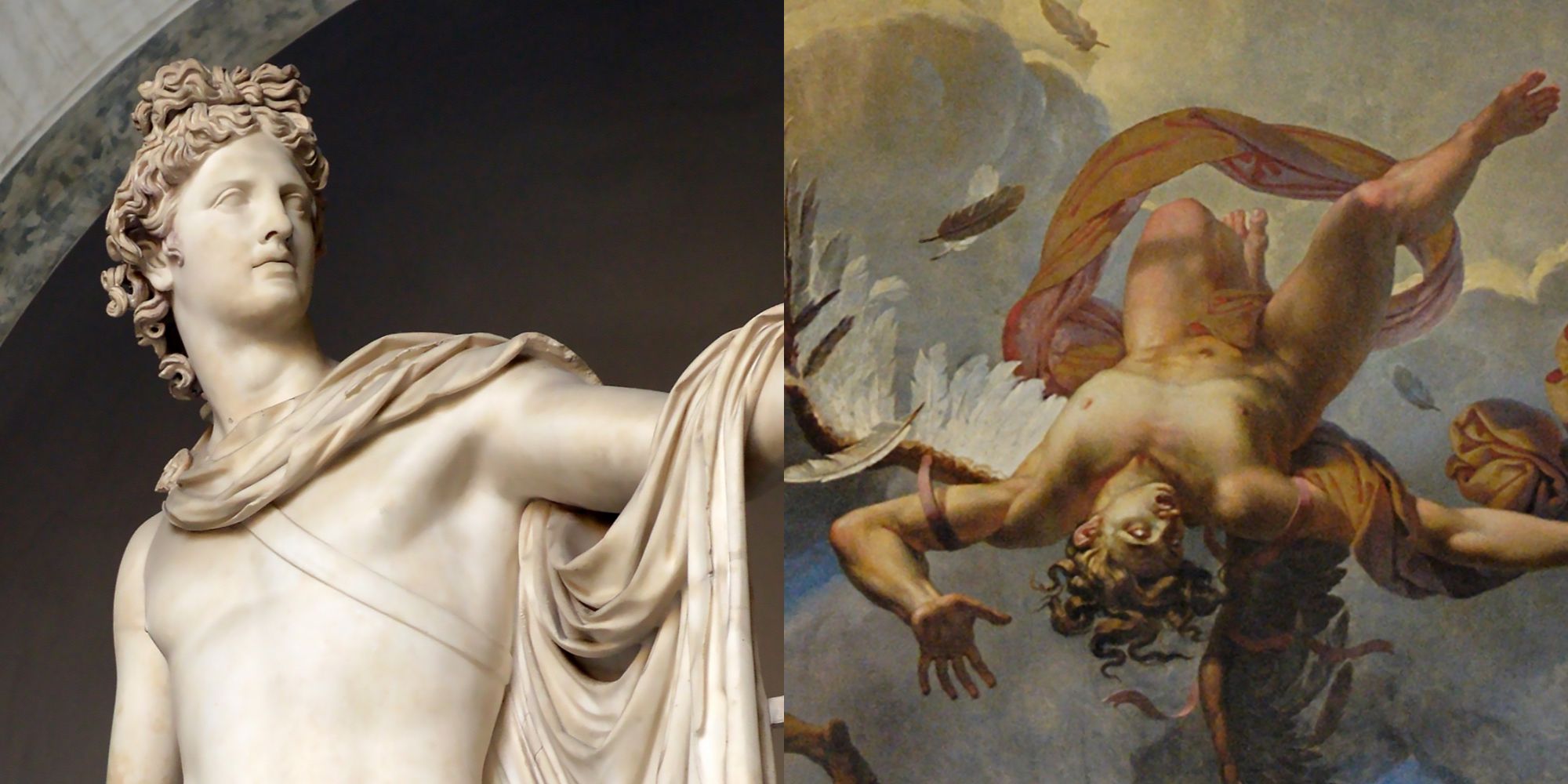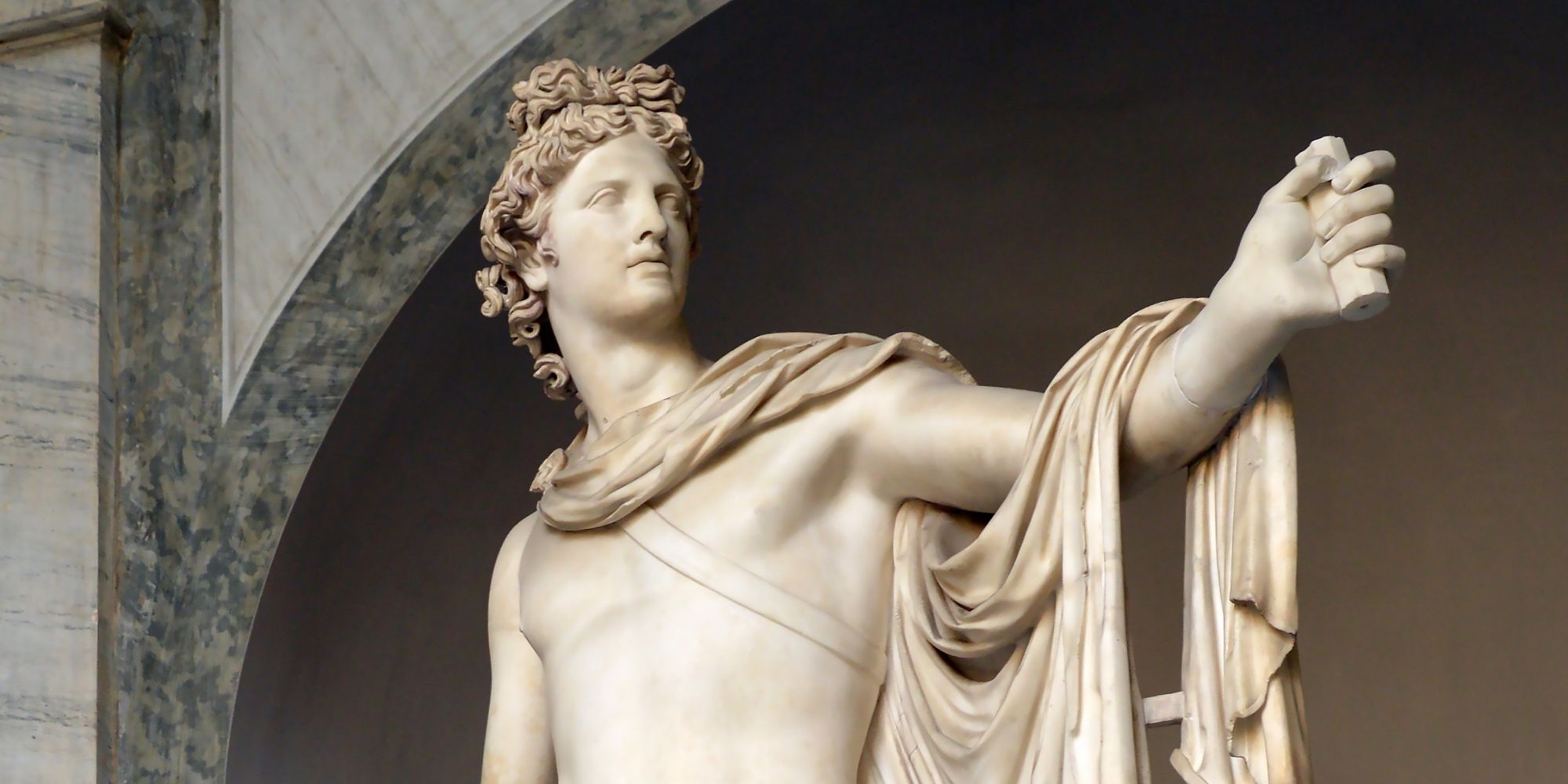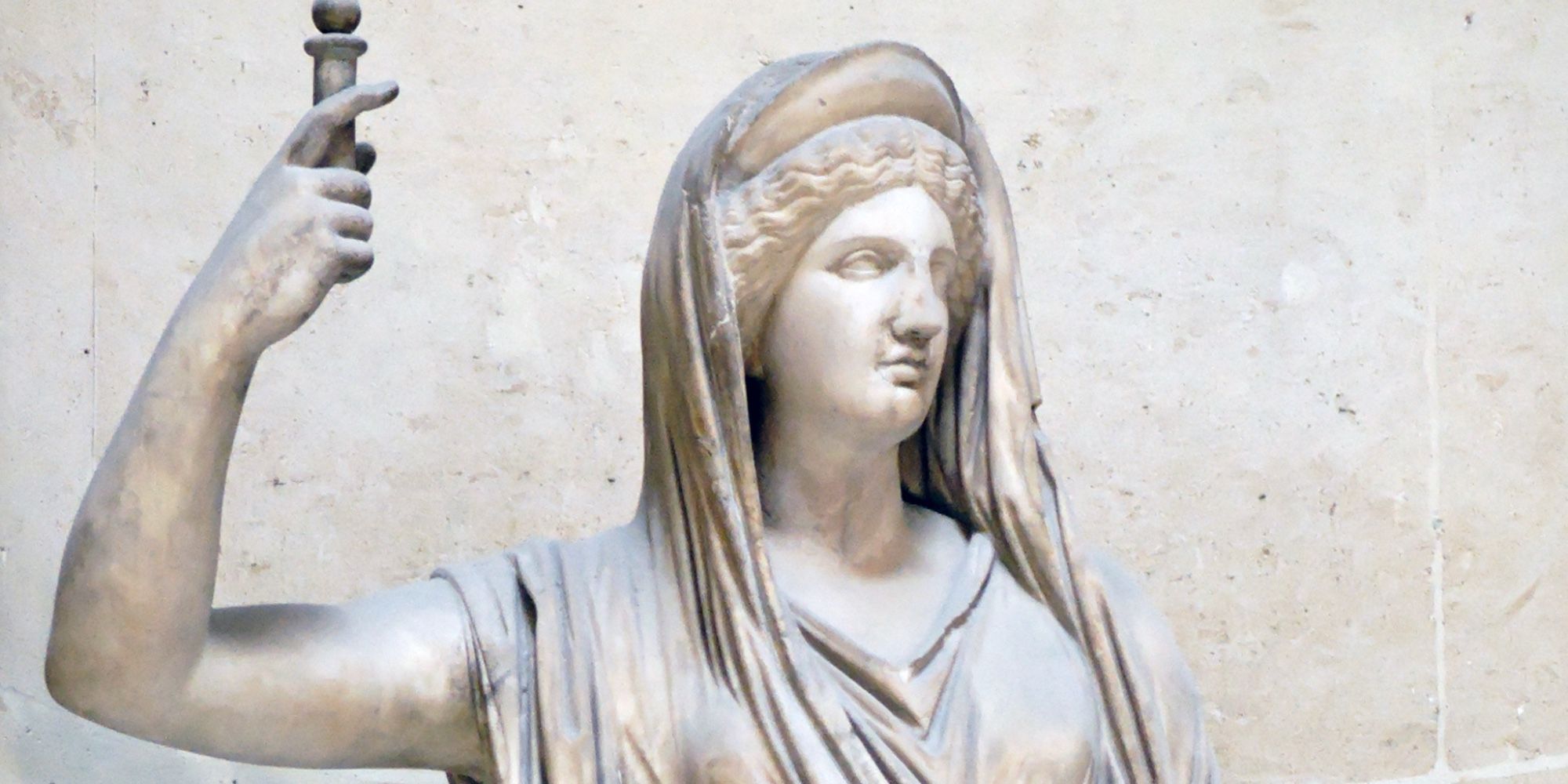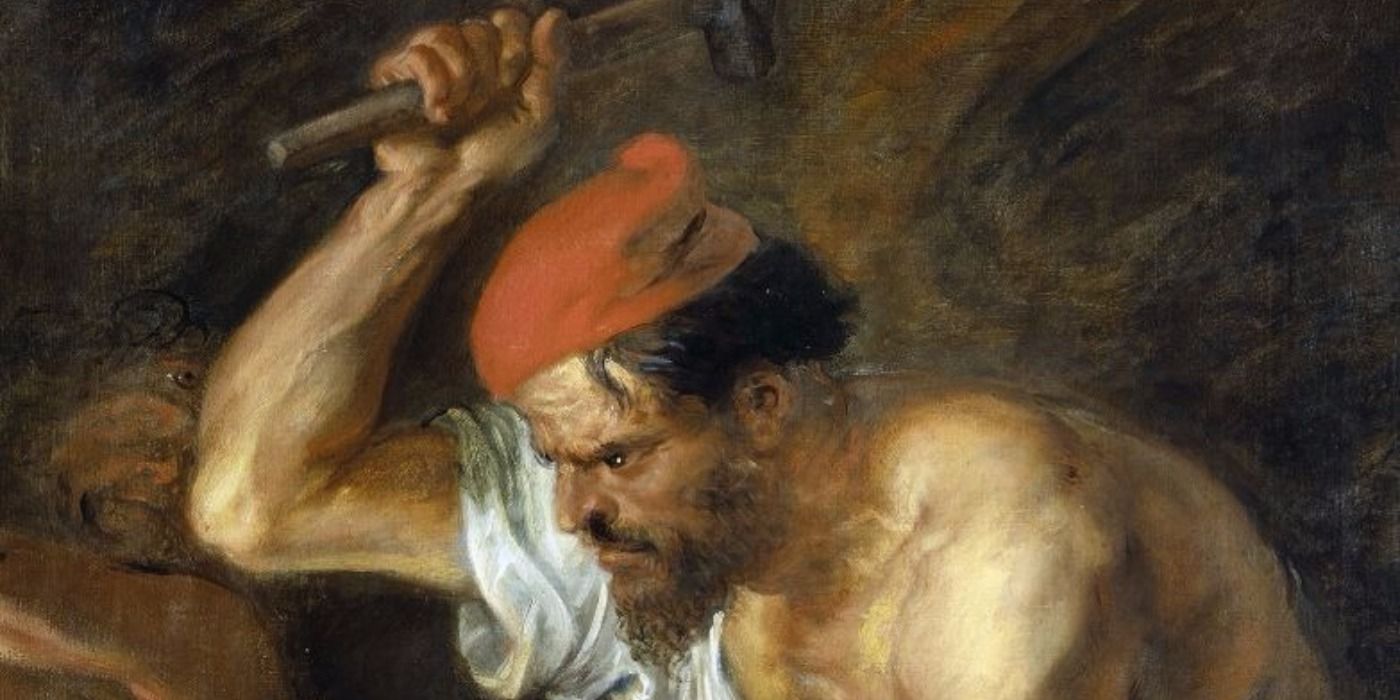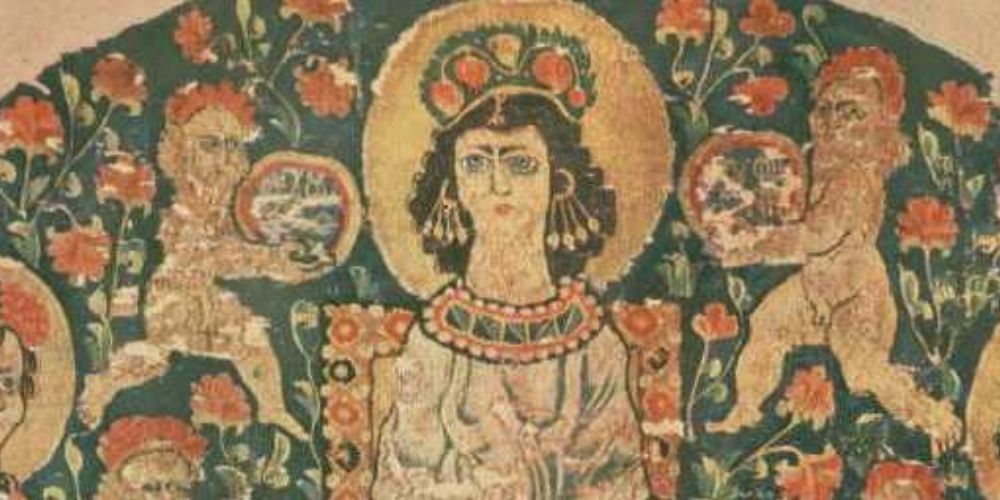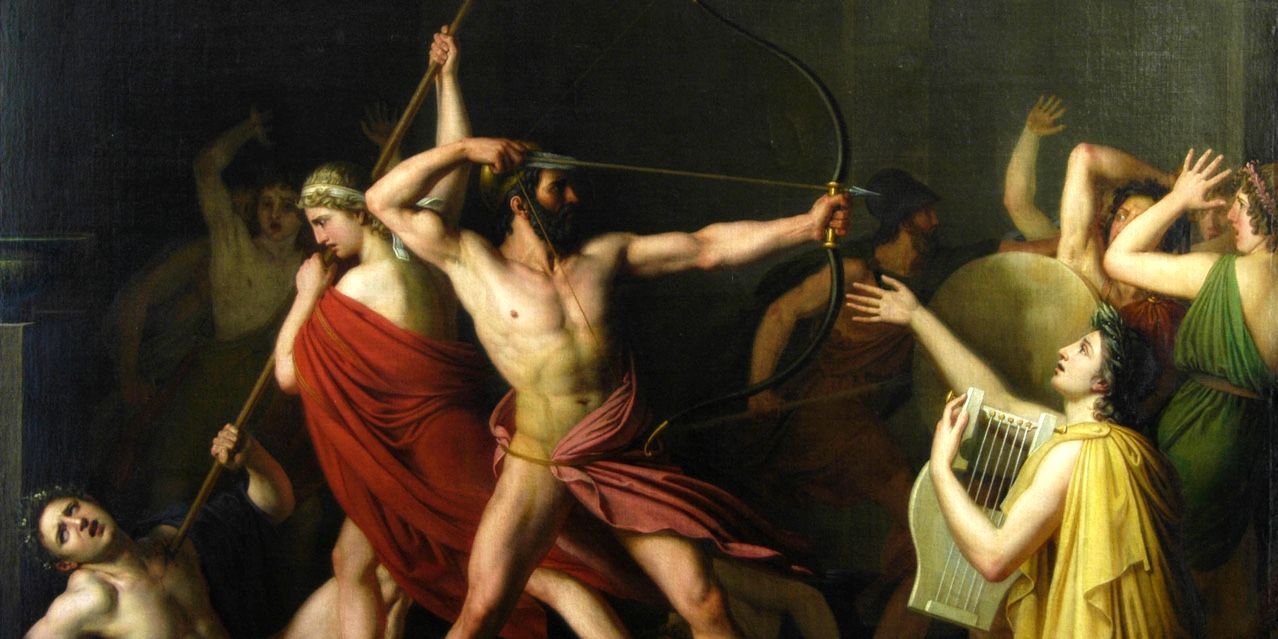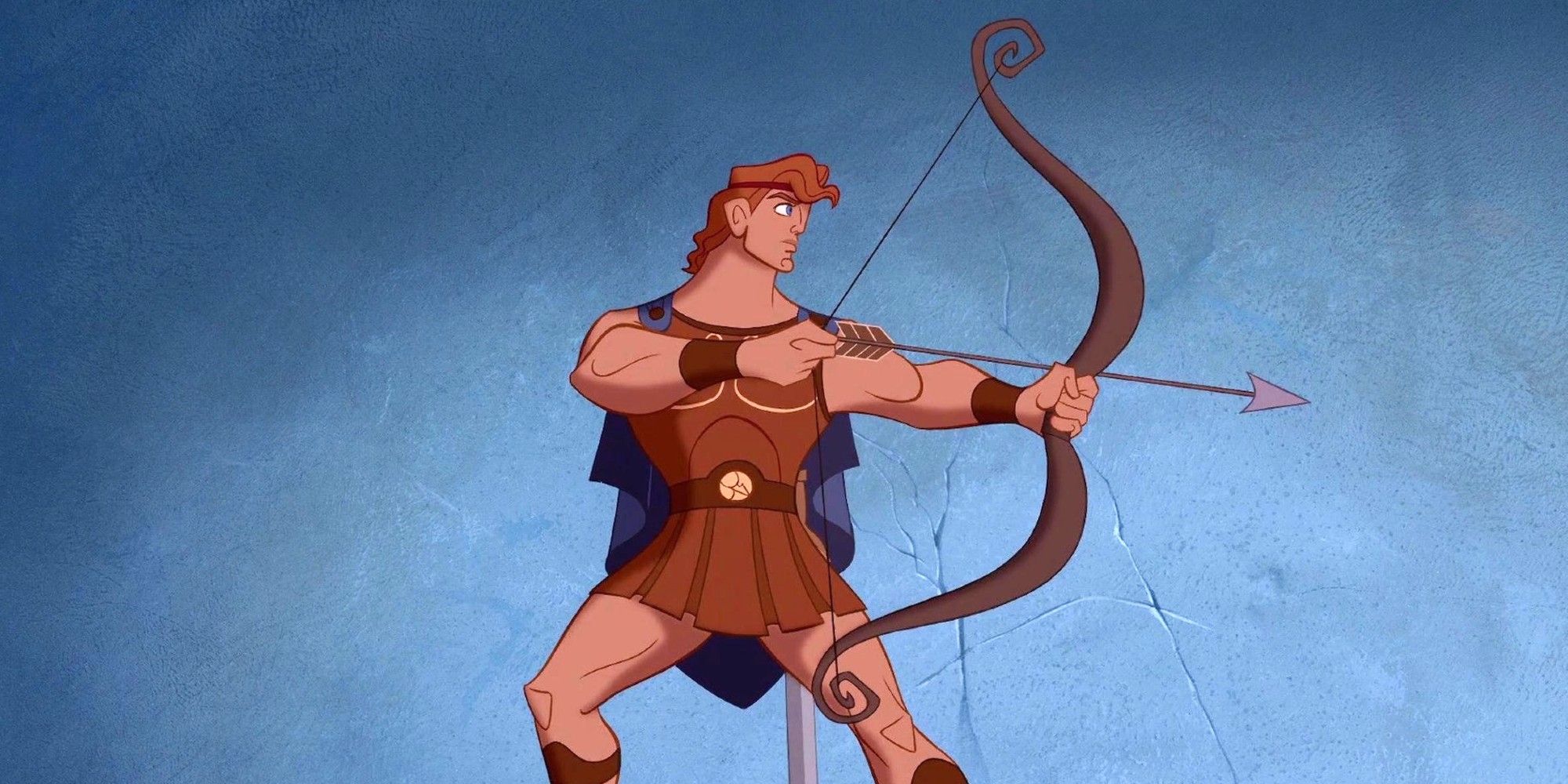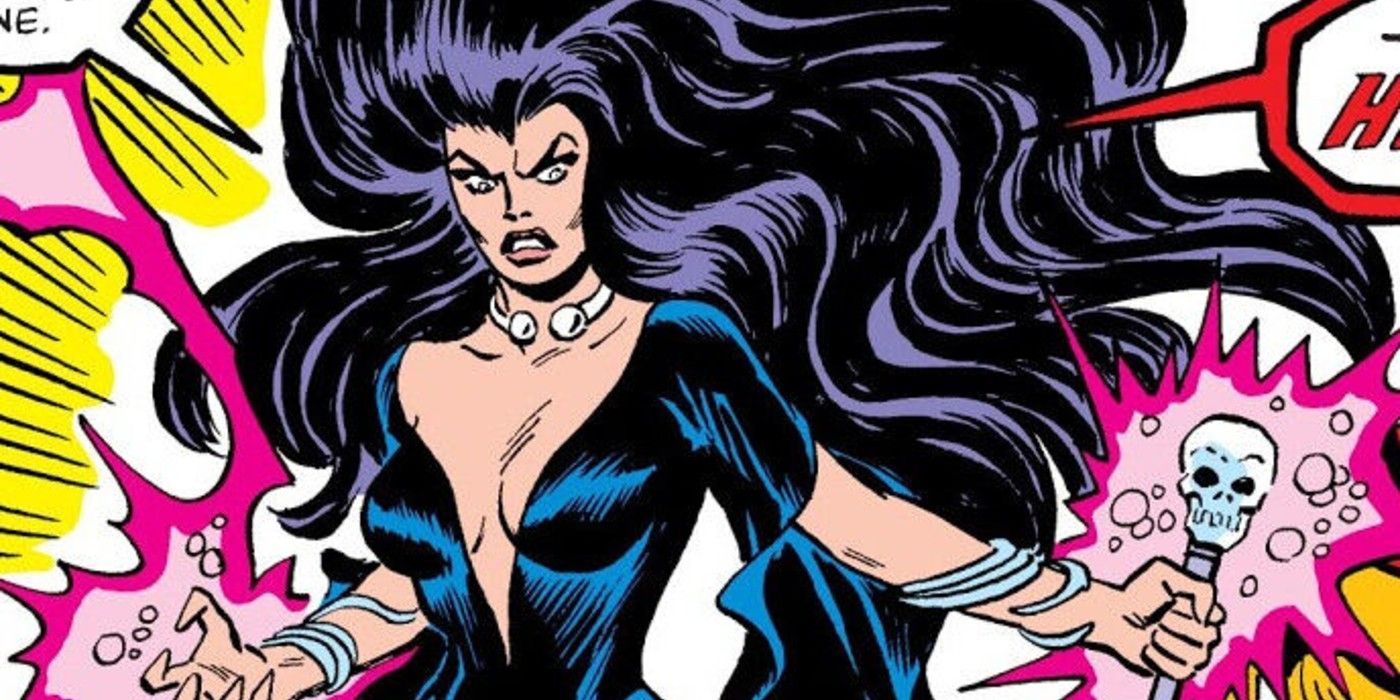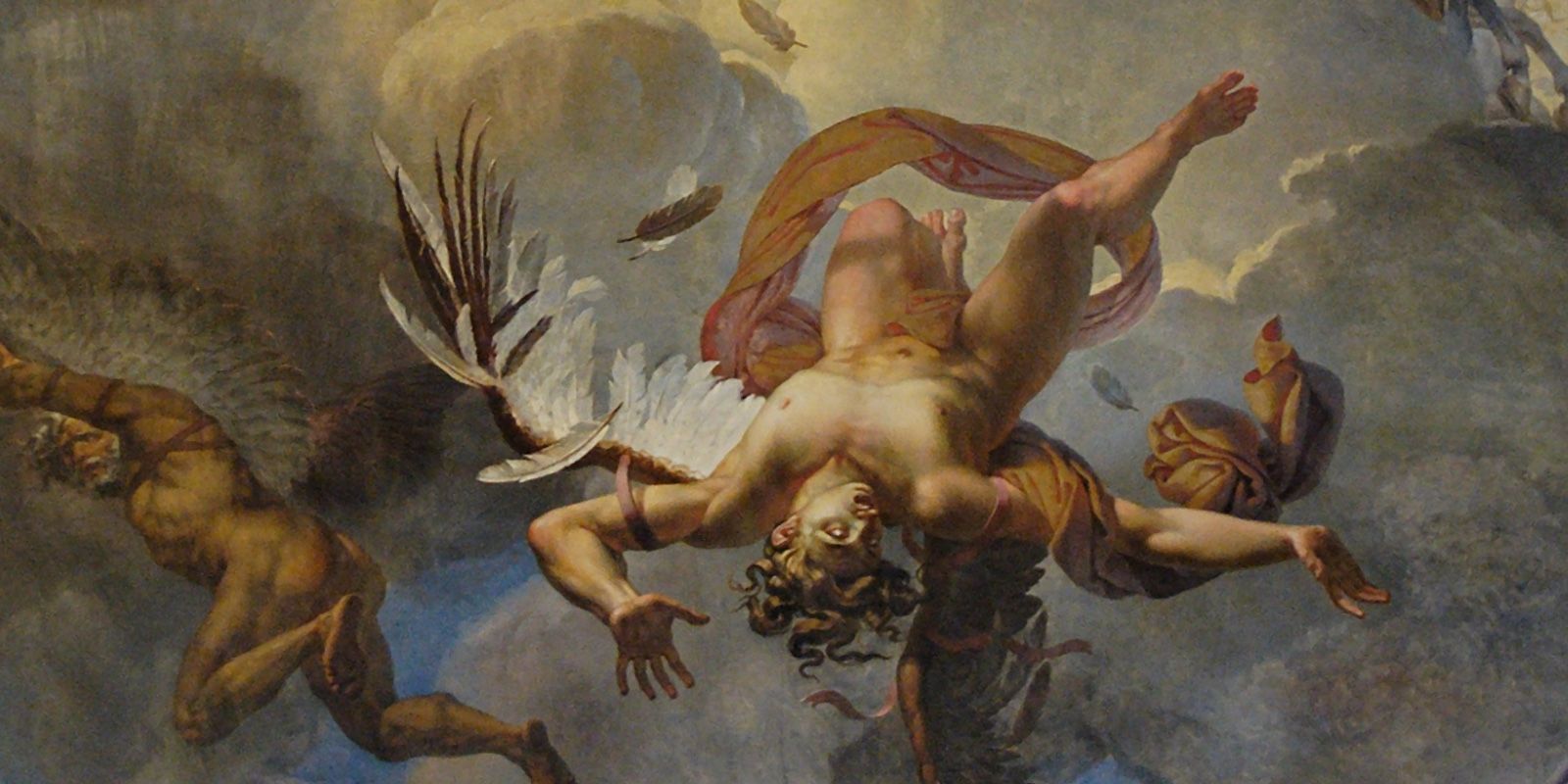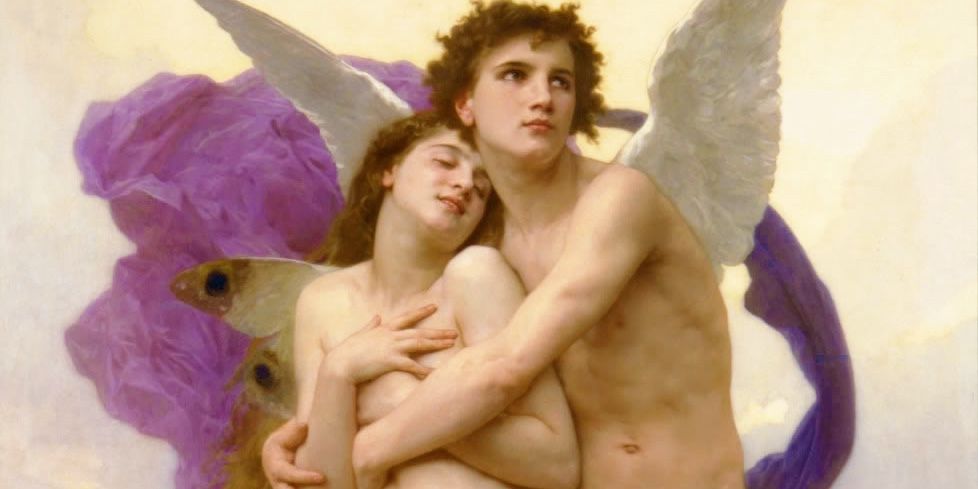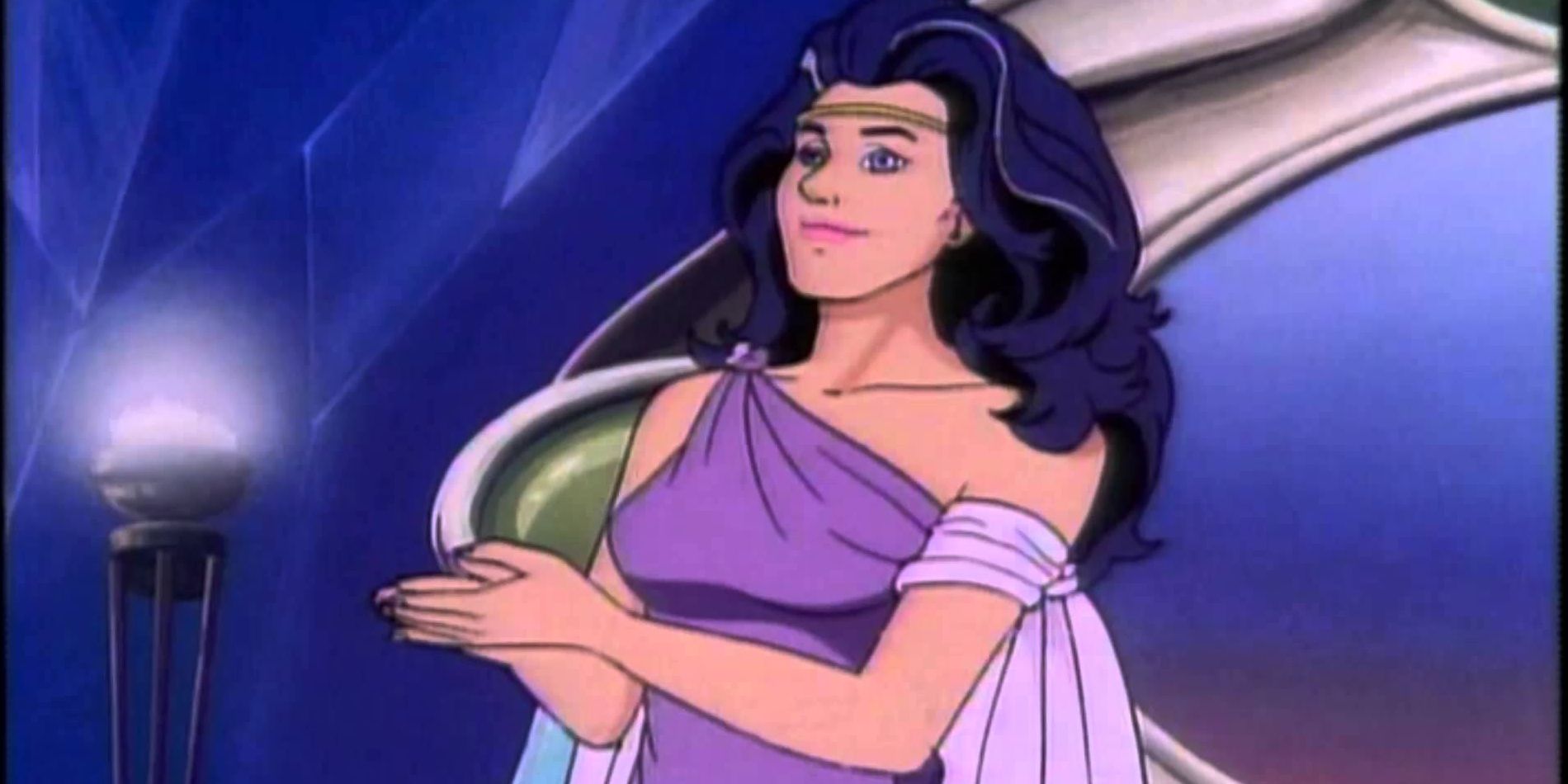One of the major contributors to the success of Supergiant Games' Hades has been its characters, with innovative designs providing a new spin on such ancient figures from Greek mythology. Their array of personalities flesh out the game's world, and give players a whole host of dynamics to discover.
Even with its ensemble, though, Hades doesn't have room for every god and goddess of the Pantheon, nor every hero. From missing family members to absent Underworld dwellers, there are some fixtures of Greek mythology that remain unexplored.
Apollo
Twin brother to Artemis, Apollo is the god of the sun in counter to her position as goddess of the moon. While Apollo is also an archer, his domain extends beyond the weapon, and he is revered as a god of poetry, music, healing, and prophecy.
With Artemis' narrative ranked as one of Hades' best, it seems an oversight for Apollo to not be included, though this is perhaps understandable given their overlap in powers. Apollo could, however, have provided Zagreus with boons related to health, while his connections to music link him to Orpheus and Eurydice's storyline.
Hera
Considered the queen of the gods on Mount Olympus, Hera is wife to Zeus and the goddess of marriage, women, and family. While she doesn't appear physically in Hades, she is present as a past wielder of the Heart-Seeking Bow, Coronacht, one of the Hades' Infernal Arms within the game, and her Aspect of the weapon can be unlocked with Titan Blood.
Given her status as a largely non-combative goddess, Hera's absence as an Olympian delivering boons within Hades does make sense, but her complicated relationship with Zeus could have proved a compelling narrative for Zagreus and players to navigate.
Hephaestus
Hephaestus is a god of blacksmiths, and more widely craftsman, while also being associated with volcanoes and fire. In many myths, he was responsible for crafting most of his fellow Olympians weapons, as well as their thrones.
While Hades uses the icons of inventor Daedalus as a way for Zagreus to upgrade his weapons, Hephaestus's powers of ingenuity and dominion over fire could have made for some very interesting boons. Not to mention, in mythology he married Aphrodite before her affair with Ares, adding another layer of drama to the Olympian's lives.
Hestia
An oft-forgotten Olympian, Hestia is the goddess of the hearth and its fire, as well as family and the home more generally. She is noted within the game only as a past wielder of an Infernal Arm, in this case the Adamant Rail.
Though Hestia could have made sense in Hades as a goddess granting boons of family protection or fire, she could have perhaps more easily fit in within the context of the game by tending to the world's hearths.
Odysseus
The protagonist of Homer's classic epic The Odyssey, Odysseus is a heroic Greek king from Ithaca who played a major role in the Trojan war. Known for his wits, adaptability and cunning, he was also favored by the goddess Athena.
With fellow heroes Achilles and Theseus present in the game, it's easy to imagine how Odysseus could fit into the narrative, either as an ally to Zagreus or otherwise. His story in The Odyssey, which is all about him finding his way back home, would also parallel Zagreus' own quest.
Heracles
Perhaps better known by his Roman name Hercules, popularized by Disney's not always mythologically accurate movie, Heracles is a hero and the son of Zeus, known for undertaking 12 great challenges called "labors."
With his connections to many famous Greek monsters, including existing Hades boss the Lernaean Hydra, Heracles' existence within the game could provide players with another mentor figure to assist their efforts, and one with insight into the particular weaknesses of foes he has a history with.
Hecate
A goddess of witchcraft, ghosts and boundaries, Hecate is one of the chthonic figures missing from the Underworld of Hades. Her relationship with the world of spirits would indicate her to be a perfect candidate for the game, where shades roam.
Hecate's absence from the game is perhaps in part due to Nyx's presence in it. As the goddess of night, much of Nyx's aesthetic overlaps with the mysticism of Hecate. Had Hecate been a part of Hades, though, she could have provided insight into the society of shades, while expanding upon the lore of the Underworld's boundaries.
Icarus
The son of Daedalus, whose hammers are a key component of Hades, Icarus is known for wearing a pair of wings created by his father, made of feathers and wax, which melted as he flew too close to the sun in their attempt to escape from the labyrinth of Crete.
As a warning to Zagreus to not become too confident in his abilities, Icarus could have acted as a friend to the prince of the Underworld, while also establishing a narrative of his own, wherein Zagreus would have the chance to reunite him with his father, following the stories of Orpheus and Eurydice, as well as Achilles and Patroclus.
Psyche
A human princess who became divine after her marriage to Eros (perhaps better known by his Roman name Cupid), Psyche is the goddess of the human soul, who had to undergo trials set by Aphrodite that took her into the Underworld before she could claim a place on Mount Olympus.
With her insight into the workings of the Underworld from her own journey there, which brought her into contact with Persephone, as well as her perspective on the lives of humans, Psyche could have joined Hades as a way to give Zagreus more information on his mother.
Gaia
From the primordial origins of Chaos, an embodiment of the void who plays their own role in Hades, Gaia was born, as a personification of the Earth and mother to the great Titans, who are in turn parents to the Olympians.
With much of Gaia's role as a creator given to Chaos and their narrative, her absence from the game is understandable, but as a representation of Earth her appearance would have given the surface world its own divine protector.

